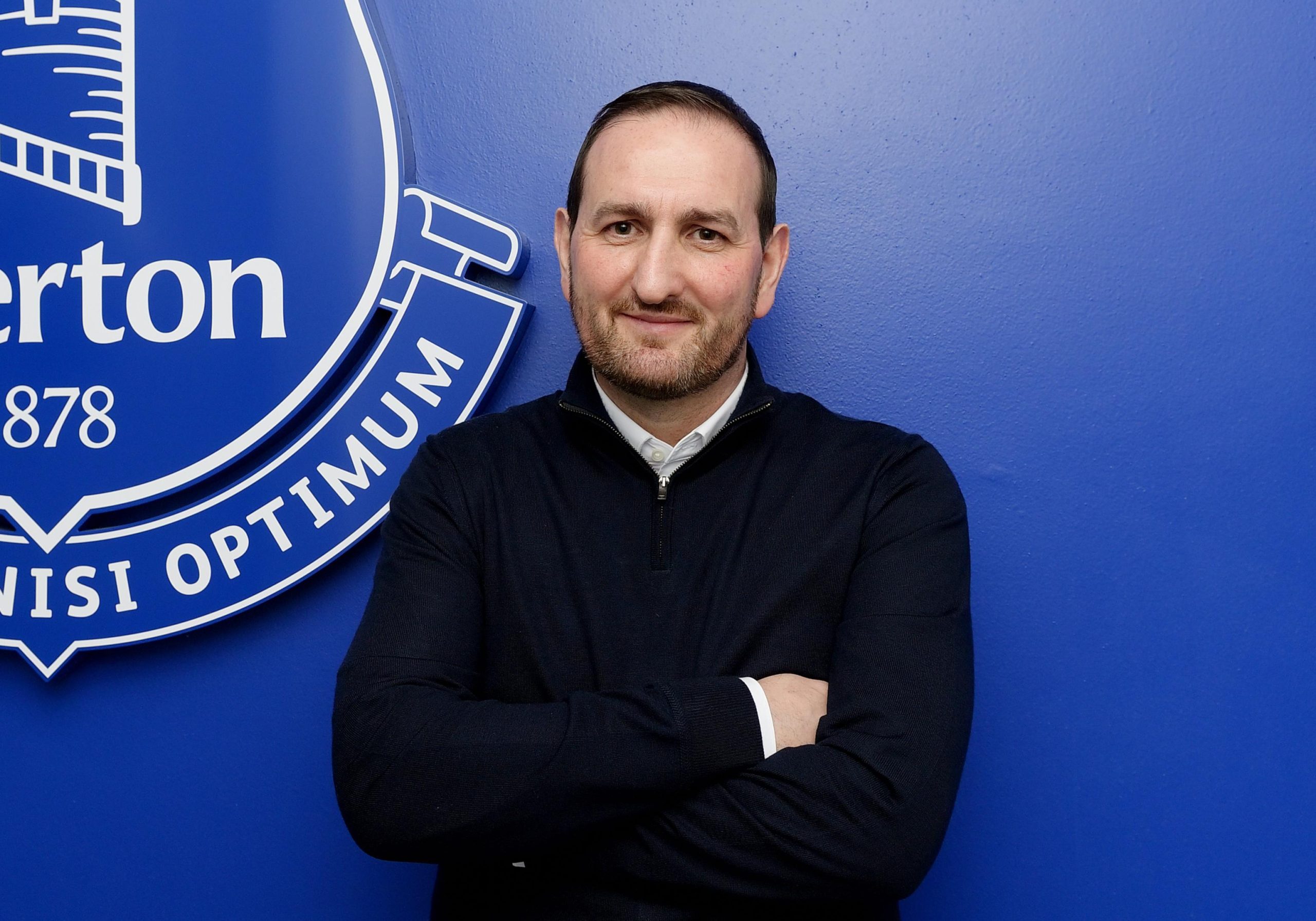Kevin Thelwell hopes to reach a position where he can be more “aggressive” in setting deadlines for clubs targeting Everton players.
The director of football said one of his biggest lessons from the January transfer window – in which Anthony Gordon was sold but no-one was signed to help strengthen a squad facing a relegation battle – was the need to be firmer in setting ultimatums. The circumstances of the move left the club with money to spend but not enough time to use it effectively, he said.

Thelwell acknowledged any approach would be dictated by the club’s finances – his words coming ahead of the conclusion of the summer transfer window in which four Everton players departed late on.
But he was clear lessons had been learned from January – which he described as the toughest window of his career. He also pointed to shoots of positivity behind the scenes at Finch Farm as he attempts to lay foundations for sustainable progress.
The sale of Gordon to Newcastle United became a transfer saga amid a chaotic January for Everton. The club started the month with Frank Lampard in charge and ended it with the appointment of Sean Dyche and no new signings – despite claims a striker would be secured by majority shareholder Farhad Moshiri and a move for Arnaut Danjuma that collapsed at the eleventh hour.
Thelwell said despite the difficult finances at the club, the deal for Gordon left some money available to spend. But with a short period of the window left and a desire not to risk precious cash by gambling on a player, the decision was made to place faith in the existing squad. Survival was secured with Abdoulaye Doucoure’s winner against Bournemouth on the final day of the campaign.
Speaking on the BBC’s new podcast series Everton: Nothing Will Be The Same, Thelwell reflected on January. In his interview, published this week but recorded in June, he said: “When we sold Anthony there was some positivity because of the money we were generating, it was a good fee for Anthony, who was a very good player, but there was also some huge feeling of difficulty for me and the head of recruitment because we knew what was left and that is, we knew we weren’t going to be able to spend the money, or if we did it was going to be on a player who would walk over the white line and then people would go: ‘Come on, who is this fella, he is not good enough.’
“You can only do what you can do really, which is just evaluate all of the plans you make or made and see whether you have got your ducks in a row, and almost try to understand: could you have done it any differently, or if it happened again would you do it differently? What I would probably do is maybe push more aggressively for us to sell earlier because it would just give us an opportunity to spend…
“I think we could put a line in the sand and say: ‘Look, if you are interested in this player, you have got 48 hours to buy him. If you want to buy him, buy him. If you don’t, move on, because we ain’t selling after this date.’ Unfortunately, because of our circumstances we weren’t able to do that because obviously everybody could see that we needed the money.”

Thelwell’s 18 months at Everton has been defined by the financial constraints he is working within and he said “it is clear we have been in a tricky spot from a financial perspective”. Asked for his thoughts on potential investment in Everton, or a takeover of the club, he said in comments made before Moshiri agreed a deal to sell his 94.1% stake in the club: “You have to hope that if the owner is bringing in investment or allowing a takeover it is going to be to the benefit of the team.
“My view is, if that happens, and we do find ourselves in a more positive financial space, we have got the people here, in the recruitment department, that are very capable of delivering everything Everton wants from its football team.”
Thelwell said his ambition was to work like clubs such as Brighton & Hove Albion and be able to strategically operate for the long term across transfer windows, something he said was currently impossible. He did point to signs of underlying progress that he hopes will begin to have a more visible impact, however.
Asked when he hoped the fruits of his labour would begin to show more clearly, he said: “I think there has already been a huge amount of work that has gone on behind the scenes over the last 12 months around playing identity, recruitment philosophy, around stuff like loans process… there are a lot of strategies that are actually bearing fruit as we speak. But I understand people have got less interest in that sort of stuff if we don’t get the men’s team right, and so I would hope – certainly anywhere between now and the next three years. If people look carefully enough they would be able to find really good pockets of work that are going on.”

